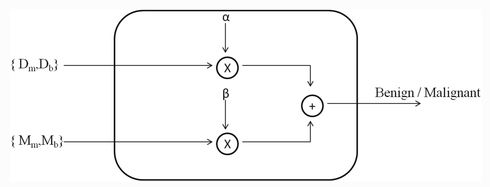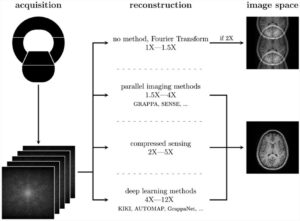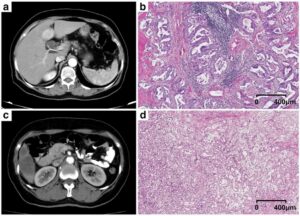In breast magnetic resonance imaging (MRI) analysis for lesion detection and classification, radiologists agree that both morphological and dynamic features are important to differentiate benign from malignant lesions. This study proposes a multiple classifier system (MCS) to classify breast lesions on dynamic contrast-enhanced MRI (DCE-MRI) combining morphological features and dynamic information. The data gained through testing showed that an MCS can optimise the accuracy for breast lesion classification combining morphological features and dynamic information.
Key points:
- An MCS combined two classifiers trained with morphological and dynamic features.
- A decision tree was used for classifying morphological features.
- A Bayesian classifier was used for classifying dynamic features.
- Combining morphologic and dynamic features, 92% accuracy can be obtained.
Authors: Roberta Fusco, Massimiliano Di Marzo, Carlo Sansone, Mario Sansone and Antonella Petrillo













